The United States makes a great show of support for women and men in uniform. In addition to several holidays that call for honoring the red, white, and blue, there is the national anthem played before every sports game, the Pledge of Allegiance recited every morning in schools, and even the Air and Water Show every August in Chicago. The 2012 documentary, The Invisible War, however, unveils the shocking reality that among the United States military grows an epidemic of rape.
Sara came from a long line of veterans – aunts, uncles, and an older brother were all in the military. Eager to leave her New Mexico home and explore the world, she signed up to join the Air Force shortly after high school. “I wanted to make a difference in the world. You can make a difference in the Air Force. It was an opportunity to get out of my tiny little hometown.”
She remained stateside, but completed three years of active duty, later becoming a military contractor, working in communications and information technology. “I loved my job. I loved getting up going to work every morning, and I was good at it.”
Integrity is a core value of the Air Force; it comes first, “doing the right thing, no matter what.” That is what attracted her to the Air Force. “I have a lot of integrity to this day. I’m honest. I was a good fit for the Air Force.”
It is morally outrageous to blame the victim, but it happens all the time. #AllInWithCFW Click To TweetAnd that is why her sexual assault was such a “shattering experience” and “the ultimate betrayal.” The betrayal lies in the familial language used; service members are called brothers and sisters in arms, making the betrayal all the more difficult to heal from. Sara confirms that rape happens at “an alarming fashion” in the military, adding that, “You’re young, away from home, but you are technically an adult. It’s confusing. You are with the people you trusted, but it’s not what you signed up for. A lot of Americans don’t realize what sacrifice is, and what it takes. A lot of men and women give up a whole lot to put that uniform on. None of it is easy.”
The military is shrouded in secrecy, and that, in many ways, perpetuates the violence. “You should be on top of having your life together. You don’t go to work and talk about your personal life.”
Sara did not realize that she had Post Traumatic Stress Disorder (PTSD) until she totaled her car, and realized that she was in a “bad place.” “I walked past the VA center to check on my benefits. They give you a form, and I checked these boxes.” Soon thereafter, she received a call from Kelly Bulla Carroll, MSW, LCSW, who says, “I’m a social worker. I can help you with things.” Carroll later accepted a position at the Road Home Program at Rush University Hospital, and brought Sara along.
The Road Home Program provides veterans with a comprehensive healing process, including the Intensive Outpatient Program (IOP). In IOP, survivors go through three intake sessions where they may be diagnosed with PTSD; address pelvic floor dysfunction and other gastrointestinal/gynecological concerns with Dr. Sheila A. Dugan; and eventually are assigned a therapist so they may work on goals together. In those early days of therapy, there is “a lot of trust building. They maybe haven’t told anyone.” And some women veterans may have a “more complex trauma presentation,” especially if there is a pre-military trauma or if the sexual trauma is concurrent with combat trauma.
The Road Home Program is one of few in the country that creates a safe space for women vets. Carroll says there are not many women VA groups and patients have shared struggles with finding other women who understood them. The women have a shared experience, and the group allows for social support and a connection. They send encouraging text messages and often check in with one another.
Dr. Mark Pollack began The Road Home Program at Massachusetts General Hospital in Boston, recognizing a need to care for veterans outside of the VA system. The program came to Chicago in 2006, and with seed funding from Chicago Foundation for Women, along with the Field Foundation, the program was able to expand to treat Military Sexual Trauma (MST). Today, veterans are referred to the program from around the country. Dr. Niranjan Karnik is the Medical Director of the Road Home Program and says the MST program has become the “master class for clinicians” working with veterans.
The Road Home Program, located at 1645 W. Jackson, recently moved into a new facility that provides a separate waiting area for female survivors. The VA center was not welcoming for Sara and she says she did not feel comfortable talking about anything. “If you don’t have a trauma, the VA will give you one. It’s awful.”
As is the case in other communities, the stigma against therapy is strong in the military, but Sara reflects, “I think strong people go to therapy. You’re staring your problem in the face. Other veterans see it as a sign of weakness, you’re supposed to be strong. Road Home – it helped me recover from these traumas; it helps with my PTSD, it helps you be a better person, overall.”
There are nearly 64,000 women on active duty in the Air Force, and Sara explains that “women in the military are tough, veterans in general, but we are people too. Civilians assume that we don’t hurt or have emotions, that we are trained machines.” In the military, across college campuses, on dates and out with friends, in families, and simply walking down the street, sexual violence against women continues to run rampant. And that violence will continue without an intervention in how consent and rape are discussed and understood, and how survivors are supported. Sara notes that it is “morally outrageous” to blame the victim, but “it happens all the time.” She asks, “Why are we not teaching guys to stop raping? We are teaching women how not to get raped. It’s the other way around. Stop blaming women for being in a situation. It’s not our fault.”

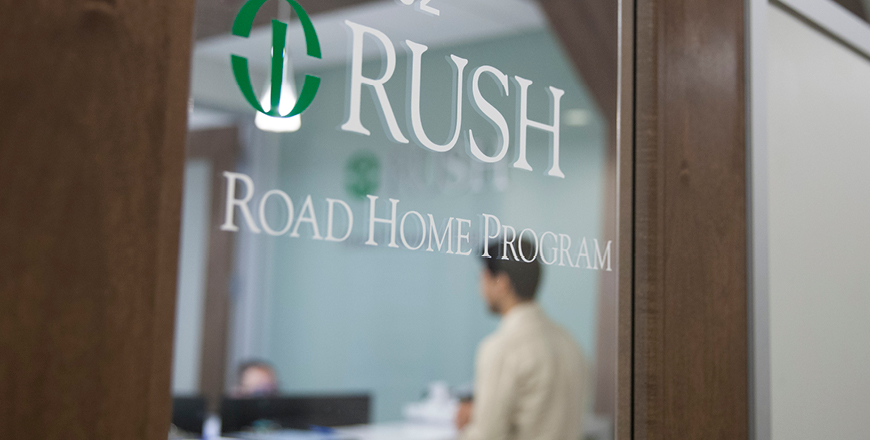
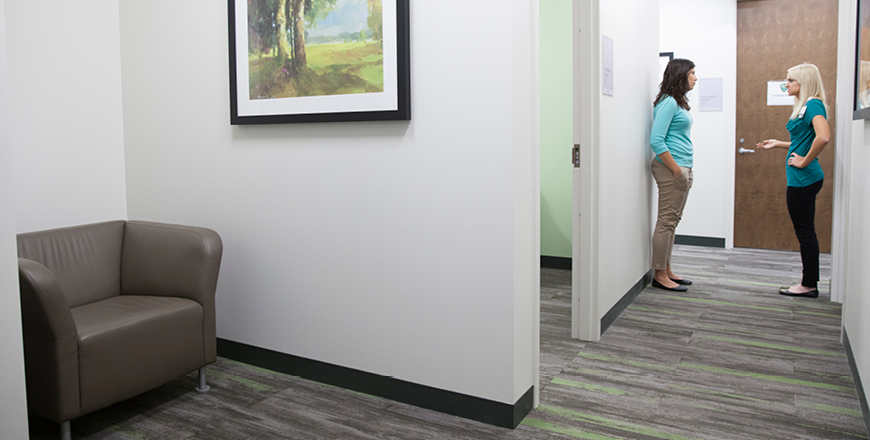
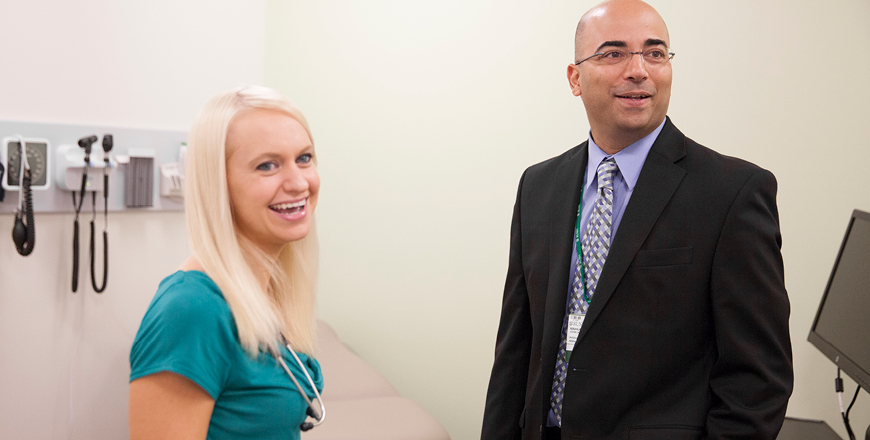
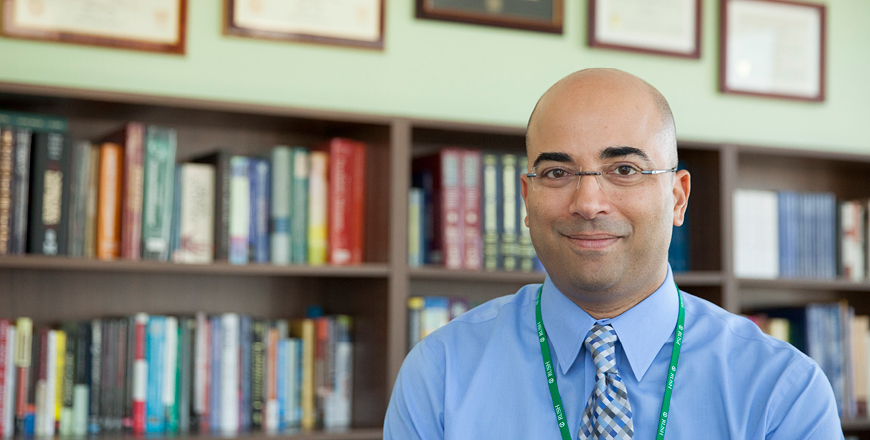
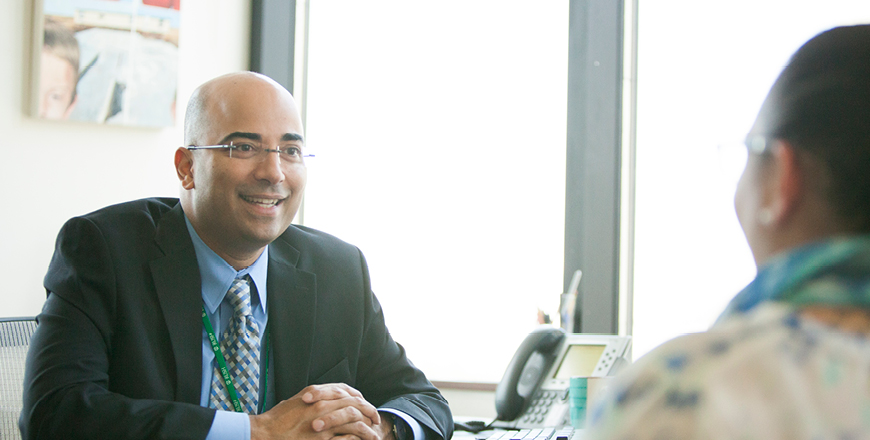
Recent Comments